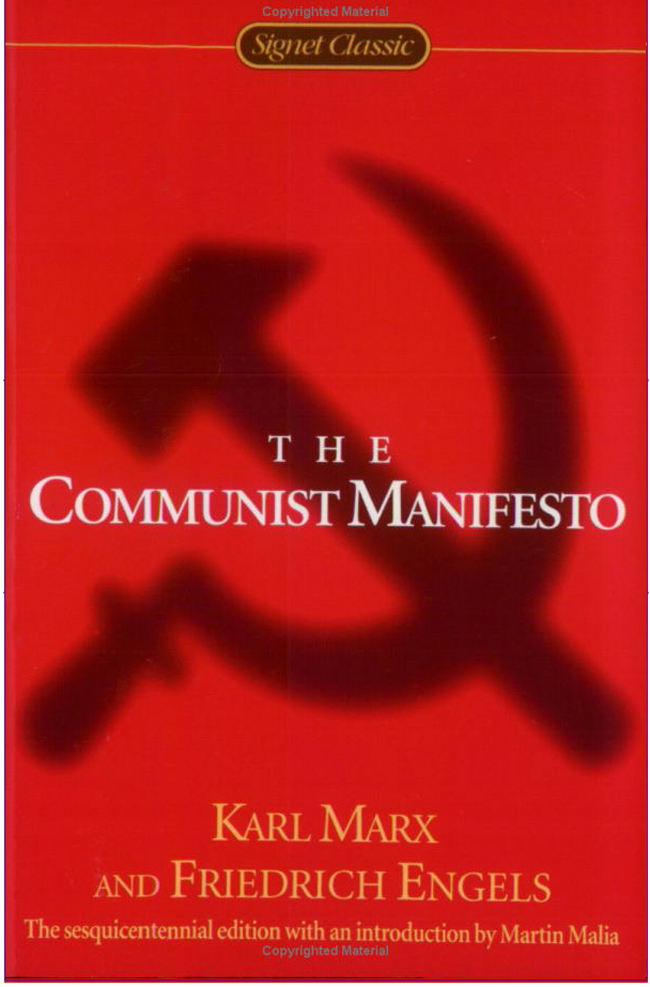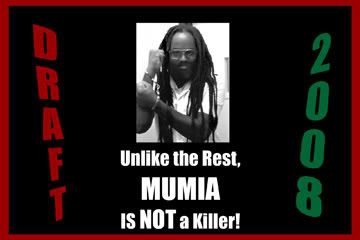Obrador Supporters Defend Mexico's Democracy in the Streets

A piece by Adam Thomson in Thursday's Financial Times describes the inspired effort afoot by Mexican citizens to demand that the government conduct a recount of last month's fraudulent election. Actions taken to demand a full recount has brought Mexico to a halt.
During the course of the post-election struggle to make certain that every Mexican vote gets counted, supporters of Andrés Manuel López Obrador have taken to the streets to demand their democratic rights in a most unique and creative way: by setting up camps where people gather to organize, cook, read, study and play - all in the name of democracy. Thomson writes:
During the course of the post-election struggle to make certain that every Mexican vote gets counted, supporters of Andrés Manuel López Obrador have taken to the streets to demand their democratic rights in a most unique and creative way: by setting up camps where people gather to organize, cook, read, study and play - all in the name of democracy. Thomson writes:
Ever since July 30, when Andrés Manuel López Obrador, the leftwing presidential candidate, called on followers to camp along the avenue to demand a full recount of the July 2 election, the hissing and screaming of buses has been replaced by the giggles of children in painting workshops and old men plucking traditional melodies on guitars.We on Uncle Sam's Plantation can learn much from this inspiring movement in Mexico, where people have refused to acquiesce to the blatantly fraudulent 'partial' recount to hold fast in defense of their democratic rights and a full recount of all the ballots.
Attitudes to the protest – Mr López Obrador insists he won the election even thought the official count says he narrowly lost to the centre-right candidate, Felipe Calderón – depend largely on who you are.
Businesses, particularly hotels along Reforma, complain that the protest has scared away their corporate clients. Some estimates suggest that local commerce has suffered an 80 per cent decline in income.
The blockade has also made the lives of many city residents miserable. On Circuito Interior, a nearby avenue, the traffic has grown to proportions rarely seen in the city’s history, and drivers seethe in their motionless vehicles and blast their horns with frustration.
But on a bridge about 10 metres above them, on a part of Reforma that stretches over Circuito Interior, life has never been calmer. In the Magdalena Contreras camp, named after one of the city’s 16 districts, a group of boys and girls plays chess with crudely carved oversized pieces while two policemen yawn and smoke cigarettes.
DVDs about Pancho Villa, the revolutionary heroes, are on sale and a portly man promotes a reading workshop: free of charge to anyone with the time to sit down for a while are Homer’s The Odyssey and The Iliad. Also available is a dog-eared copy of Leftwing Governments in Latin America. Farther up the avenue, María Lydia Guadalupe Vela Chichino, a middle-aged woman with warm dark eyes and an engaging smile, has erected a bright orange sign outside her tent showing a stick person shovelling earth. “Sorry for the inconvenience – democracy at work,” it reads.
Life in the camps is both organised and tranquil, she says. The street is clean and the 150 people who live in her camp have drawn up rotas for cooking and cleaning....
Peek into the storehouse of the Tlalpan camp, named after another of the city’s districts, and there are as many as 150 spare blankets. All are the same colour and all are new, which seems to undermine organisers’ insistence that they are all small donations from residents....
How long the blockade remains is anyone’s guess. But until Mr López Obrador announces a change of tactics it will continue to offer a logistics headache to those trying to get to work and a rare chance for others to enjoy the fun as they stroll unmolested down one of the world’s busiest avenues.







<< Home